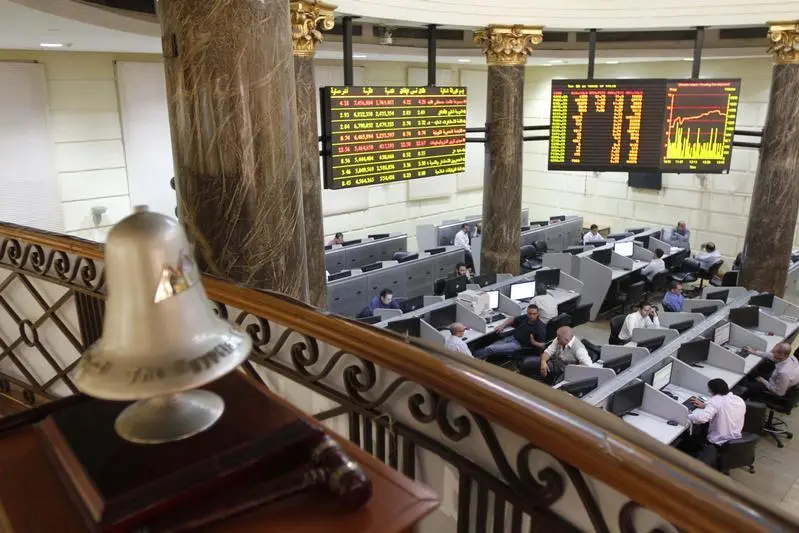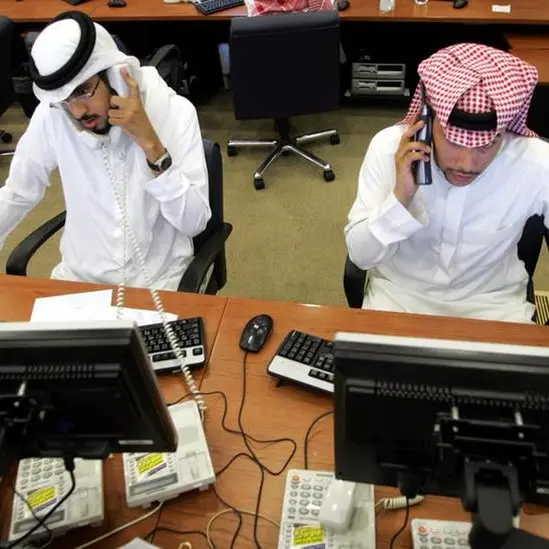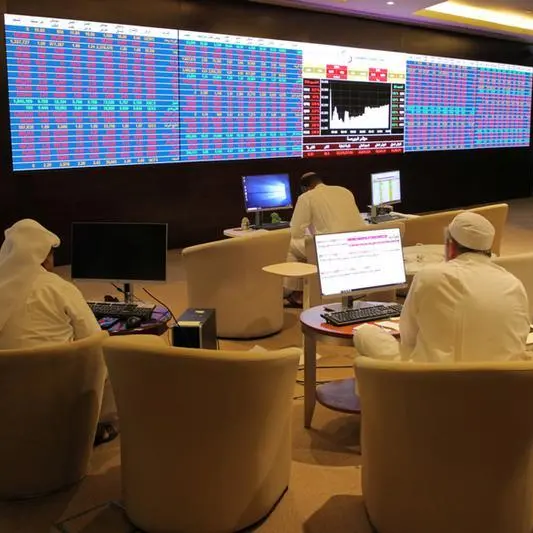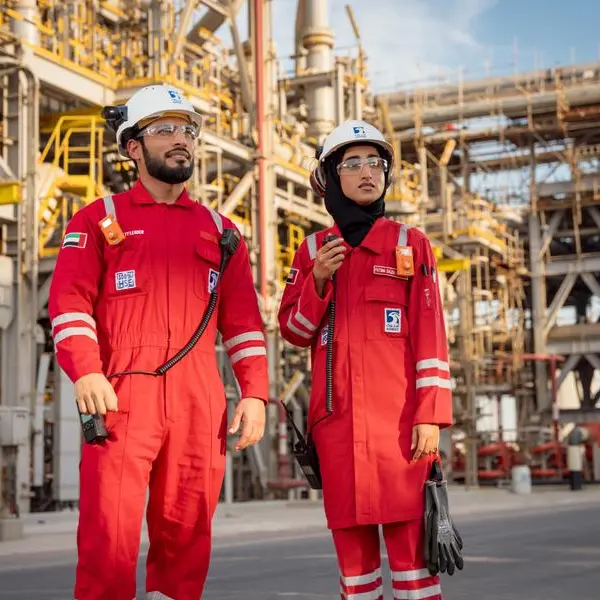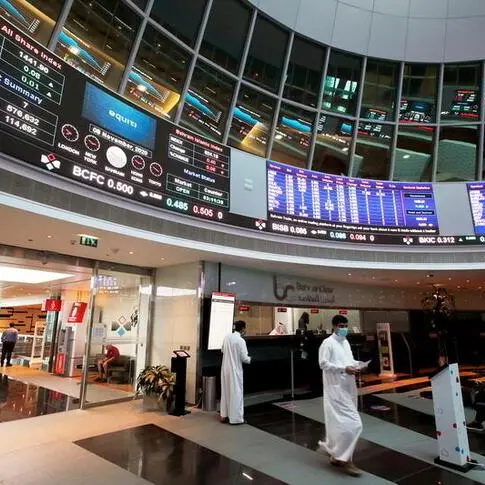PHOTO
Cairo – The Egyptian Exchange indices witnessed collective increases in 2024 amid market gains exceeding EGP 450.11 billion in spite of currency devaluation.
During the 12 months of 2024, the EGX30 main index rose by 19.47% to 29,740 points.
Likewise, the EGX70 EWI and EGX100 EWI closed the session higher by 48.77% to 8,143 points and by 42.40% to 11,217 points, respectively.
The market capitalisation also jumped to EGP 2.16 trillion in 2024, gaining EGP 450.11 billion.
Egyptian Pound Devaluation
The value of the Egyptian pound declined by more than 40% after the Central Bank of Egypt (CBE) allowed the adoption of a flexible exchange rate.
In December, the Egyptian pound exchange rate against the dollar exceeded EGP 51 before falling slightly to EGP 50.9 after Egypt agreed to the fourth review of the International Monetary Fund (IMF) agreement, under which it will receive $1.20 billion.
In March last year, the CBE’s Monetary Policy Committee (MPC) decided to raise interest rates by 600 basis points (bps) to control high inflation.
Fluctuations in Indicators
In an exclusive interview with Mubasher.info, Hanan Ramses, a financial analyst and a board member at Al-Hurriya Securities Brokerage Company, highlighted that the stock market indices fluctuated in the first quarter (Q1) of 2024 due to the fluctuation of exchange rates.
In February, the dollar price in the parallel market hit EGP 70.
Ramses elaborated that the stock market indicators lowered their rise after the CBE’s sudden interest hike, noting that if the decision were limited to following flexible exchange rates, the indicators would have continued their historical surges.
The financial expert noted that the EGX70 EWI witnessed a balanced performance due to individual traders' interest in backing sectoral diversity.
The index reached a new record level during November before entering a wave of profit-taking due to the pressure of rising returns on Egyptian treasury bonds (T-bonds) and bills (T-bills).
The return on T-bills reached 31%, which led to a 40% decline in stock trading, while bond trading recorded 96%, according to Ramses.
She also noted the country’s real estate sector was supported by the Ras El-Hikma deal and the Gulf investments in property, tourism, and entertainment sectors.
All Rights Reserved - Mubasher Info © 2005 - 2022 Provided by SyndiGate Media Inc. (Syndigate.info).
